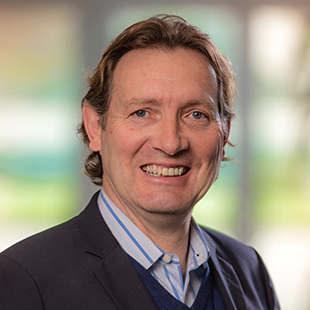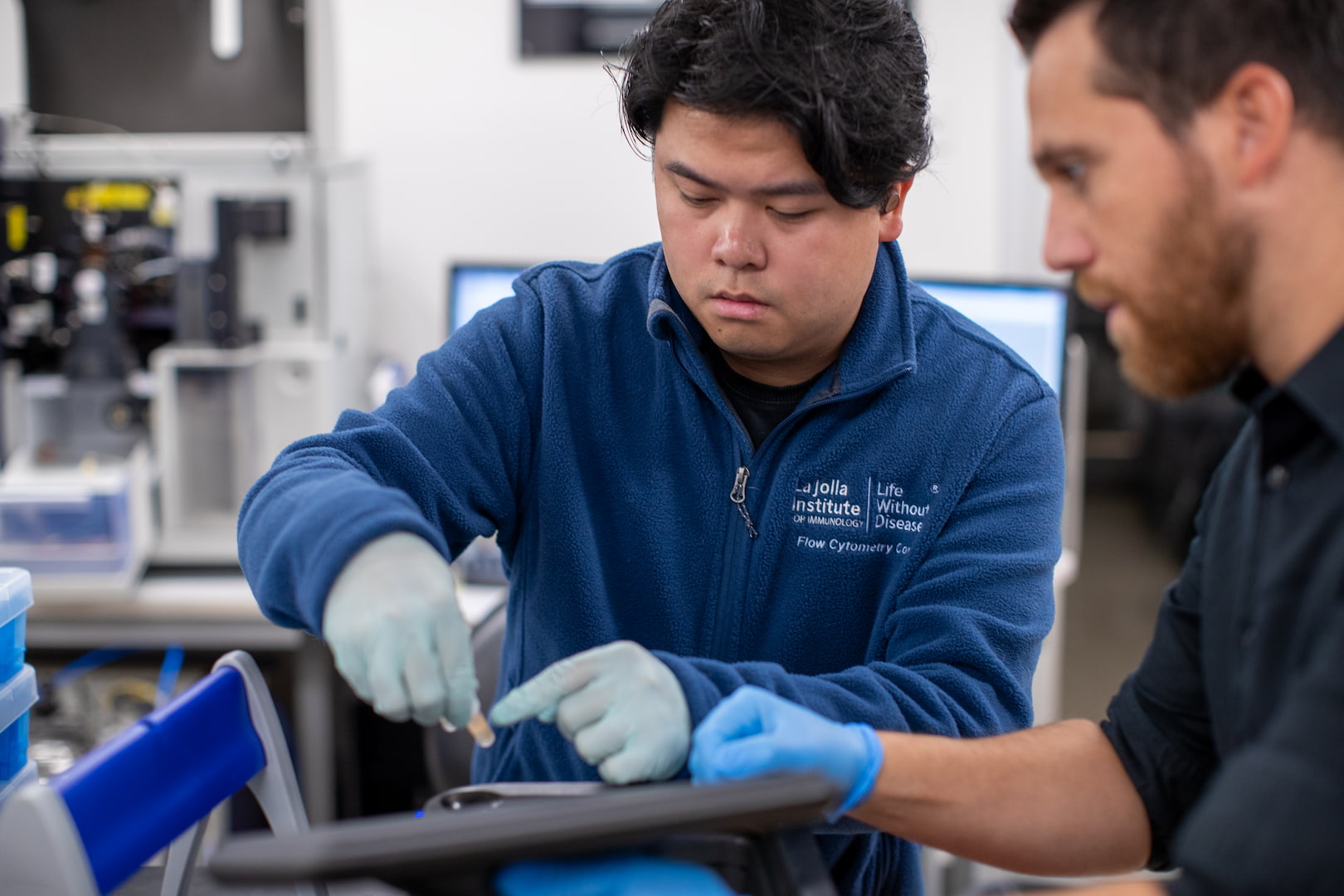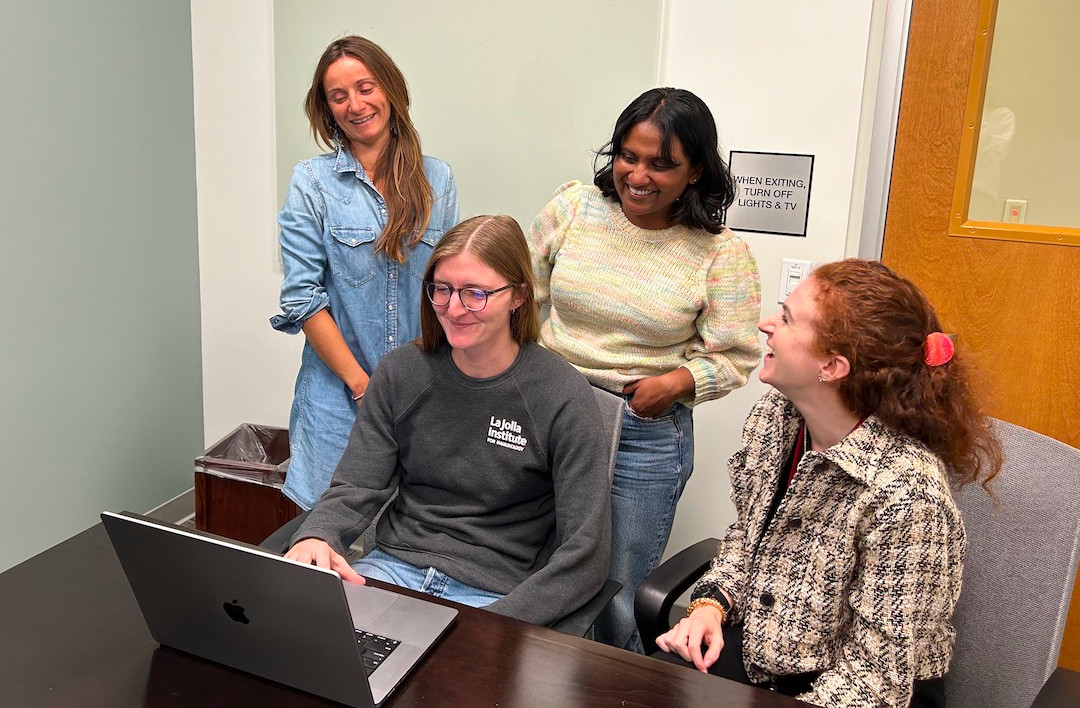LA JOLLA, CA – The La Jolla Institute for Immunology is pleased to announce that one of San Diego’s leading biotech entrepreneurs and angel investors, François Ferré, Ph.D., has been elected to its Board of Directors.
“We’re delighted to welcome Dr. Ferré to our board,” said Mitchell Kronenberg, Ph.D., La Jolla Institute president and chief scientific officer. “François has a long history in San Diego of innovative scientific entrepreneurship, ranging from the creation of two highly successful biotech companies to his most recent role as an angel investor for more than 20 life sciences companies. His stature in San Diego’s biotech community along with his vast experience in the commercial application of scientific research will be invaluable to La Jolla Institute.
Born in France and raised on his family’s farm, Dr. Ferré received his Ph.D. in molecular oncology from the Pasteur Institute before coming to the U.S. where he did his post- doctoral work at the University of California, San Diego in the mid-1980s. During his first decade in San Diego, Dr. Ferré worked as a scientist in the biotech industry specializing in gene quantification and biomarker development. Among the highlights of that period were Dr. Ferré’s co-editing a book on polymerase chain reaction with Nobel Prize winner Kary Mullis, and working with Dr. Jonas Salk on development of a therapeutic HIV vaccine.
In 1998, Dr. Ferré and his wife, Magda Marquet, Ph.D., started their first company, Althea Technologies, which became a leading provider of contract services to the biotechnology field in the U.S. and Europe. That company was acquired in 2013 by the Japanese group Ajinomoto. Dr. Ferré also co-founded a spinoff company, AltheaDX, which specializes in personalized medicine and pharmacogenomics. Four years ago, Dr. Ferré and Dr. Marquet co-founded ALMA Life Sciences, LLC. an early-stage investment firm focusing on the creation and growth of health care companies in San Diego.
Dr. Ferré has also been active in the non-profit arena, serving on the boards of the Keck Graduate Institute of Applied Life Sciences, the Chopra Foundation, and the San Diego Museum of Art. He received the 2005 Ernst & Young Entrepreneur of the Year award in life sciences, and in 2016, he and Dr. Marquet were inducted into San Diego’s CONNECT Entrepreneur Hall of Fame. Dr. Ferré is looking forward to working with the board and scientists at La Jolla Institute.

“I’m extremely honored to join the board of what I consider to be one of the most important immunology institutes in the world,” Dr. Ferré said. “It’s particularly exciting for me as a scientist because I’ve always been fascinated by the knowledge that the immune system can both cause chronic disease and inflammation, but can also now be programmed by immunologists, like those at the institute, to fight almost all disease.
“I’ve always known about La Jolla Institute, but in recent years the biotech community has recognized the institute’s talented scientists were making some remarkable advances in immunology research. Today, La Jolla Institute is at the epicenter of a one of the most important developments in scientific history, the leveraging of the immune system to treat and cure disease at the molecular level. I firmly believe the institute’s discoveries are going to be a true game-changer in improving human health across the globe. This is the most thrilling time to be involved with a great enterprise like La Jolla Institute and I’m excited about the opportunity to help them achieve their ambitious goal of life without disease.”
About La Jolla Institute for Immunology
The La Jolla Institute for Immunology is dedicated to understanding the intricacies and power of the immune system so that we may apply that knowledge to promote human health and prevent a wide range of diseases. Since its founding in 1988 as an independent, nonprofit research organization, the Institute has made numerous advances leading toward its goal: life without disease.


